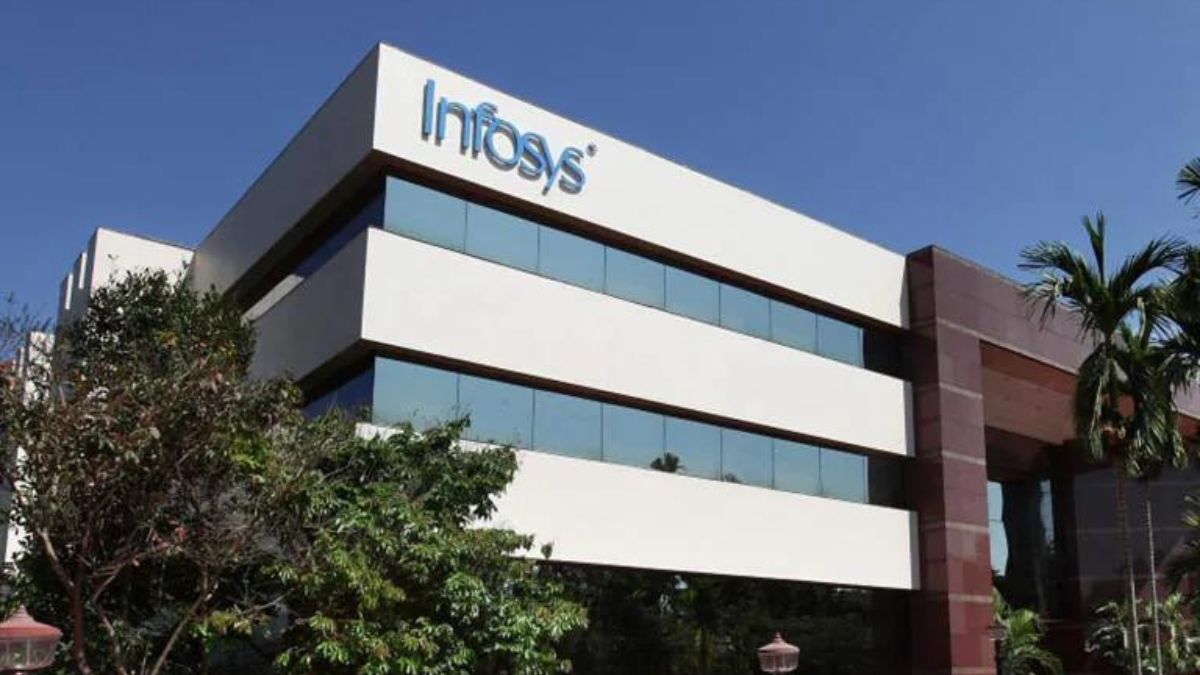For Indians, cross-border digital transactions that rely on the UPI framework, and happen quickly, safely, and cheaply may be here as early as 2026 due to the Nexus project. We explain what the Nexus project actually is, and whether it can make cross-border transactions faster, cheaper, and more transparent read more
)
Making quick, cheap UPI transactions abroad may be a possibility as early as 2026. Pixabay
The Reserve Bank of India (RBI) has recently joined the Project Nexus, a multilateral initiative that is seeking to enable instant cross-border retail payments. In a couple of years’ time, when Nexus becomes operational, it could change the face of international transactions conducted by Indians, all while leveraging the Unified Payments Interface (UPI).
We explain what Project Nexus actually is, and whether it can make cross-border transactions faster, cheaper, and more transparent.
What action did RBI take?
On June 30 (Sunday), the central bank signed an agreement in Basel, Switzerland, to join Project Nexus. With this, India joined Malaysia, the Philippines, Singapore, and Thailand as the founding members of this initiative. The aim is to enable instant cross-border retail payments by interlinking domestic instant payments systems (IPSs).
What is Project Nexus?
The Project Nexus is spearheaded by the Innovation Hub of the Bank for International Settlements (BIS) and aims to interlink domestic IPSs of participating countries.
The need for the project was felt despite the existence of bilateral collaborations for cross-border payments. This is because a system reliant on individual efforts by countries to secure smooth transactions with other nations is slow, costly, and cumbersome.
Imagine that India wants to enable smooth cross-border digital payments with five other countries. It would have to engage in five separate bilateral dialogues.
With Nexus’s multilateral approach, such limitations and inefficiencies can be avoided.
“The platform can be extended to more countries, going forward. The platform is expected to go live by 2026," the RBI has said.
What are the benefits of joining Project Nexus?
Joining the Project Nexus offers numerous advantages, not only for the RBI but also for businesses and consumers engaged in cross-border transactions. Here are the key benefits:
1. Speed and Efficiency
One of the primary advantages of Project Nexus is the dramatic reduction in transaction times. Domestic payments via FPSs are typically completed within seconds. By linking these systems, cross-border payments could also be processed in under a minute, compared to the hours or even days required by traditional banking systems. This speed is achieved through the continuous operation of FPSs, which function 24/7/365, unlike traditional central bank payment systems that operate only during business hours, according to a report by BIS.
2. Lower Costs
The cost of cross-border payments can be prohibitive, involving various fees for currency conversion, message translation, and sanctions screening. However, Project Nexus can help reduce these costs. FPS participants generally incur minimal fees per transaction, and by interlinking these systems, the overall cost base for cross-border transactions can be kept low. This makes it more feasible for banks to offer these services even in countries where they lack a physical presence or direct partnerships.
3. Enhanced Transparency
Traditional cross-border payments often lack transparency, with fees and charges accumulating at each stage of the payment chain, leading to uncertainty about the final amount received. In contrast, Project Nexus promises greater transparency. Fees can be calculated upfront and presented to the sender before the transaction is initiated, ensuring that both sender and recipient are aware of the exact costs involved. Moreover, the immediate confirmation or failure of payments adds a layer of certainty that is missing in traditional systems.
4. Expanded Reach
The multilateral nature of Project Nexus simplifies the process for banks to offer cross-border payment services to a wider range of countries. Traditionally, banks would need to establish and maintain correspondent accounts in each country they wish to operate, a process that is both costly and time-consuming. Nexus eliminates this requirement by providing a standardized and scalable framework for interlinking FPSs, thus expanding the reach of instant payment services.
5. Increased Reliability
Cross-border payments through traditional banking channels may be prone to delays and failures at various stages, often leaving senders and recipients in the dark until issues are resolved. Project Nexus enhances reliability by ensuring that payments are either completed or failed within seconds, providing immediate feedback and reducing the risk of lost or delayed transactions.
6. Benefits for businesses
By facilitating quicker, cheaper, and more reliable cross-border payments, Project Nexus can boost international trade and commerce. Businesses, especially small and medium-sized enterprises (SMEs), stand to benefit from reduced transaction costs and faster payment cycles, enhancing their cash flow and competitiveness in the global market.
With inputs from agencies

 2 months ago
26
2 months ago
26
)
)
)
)
)
)
)
)
)
)
)
)
)
)
)
)
)
)
)
)
)
)
)
 English (US) ·
English (US) ·